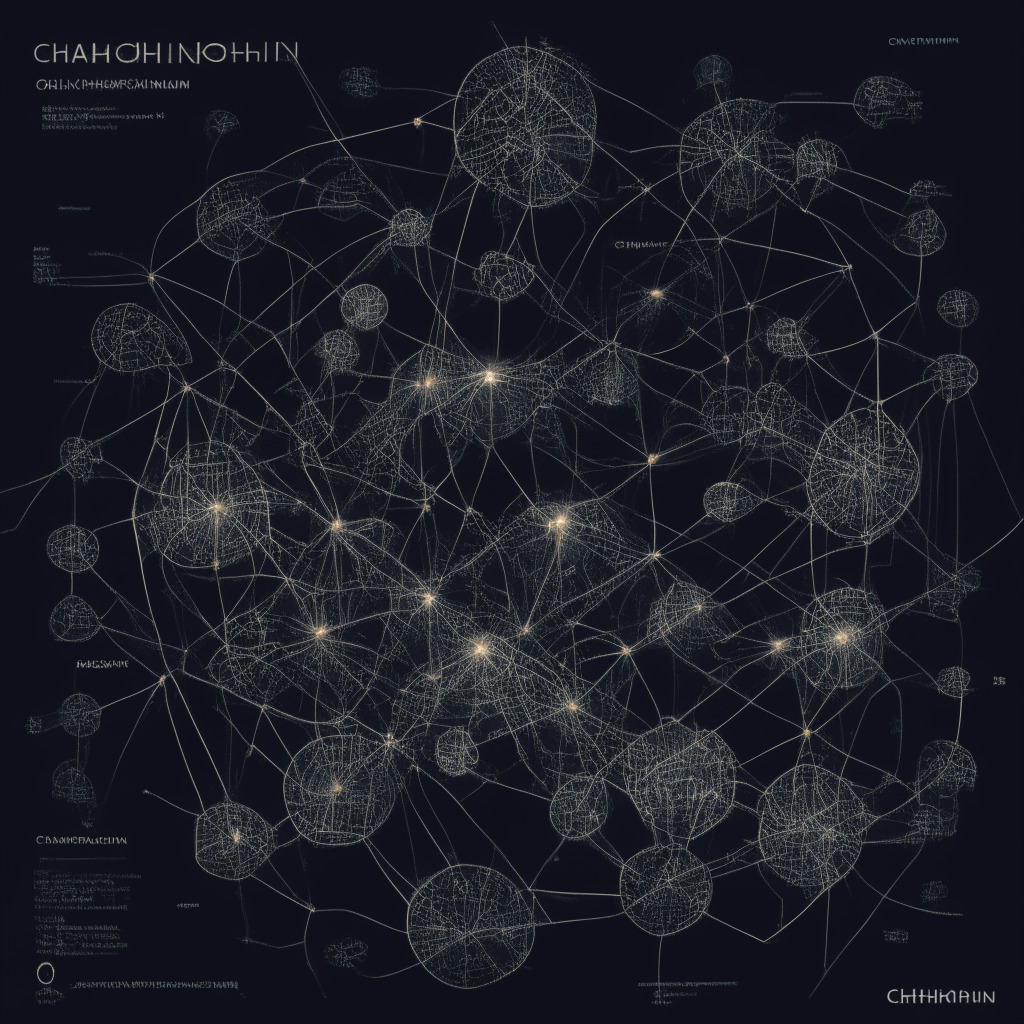Blockchain technology, particularly cryptocurrencies like Bitcoin, is gaining increased traction in West Africa, fuelled by education drives and growing dissatisfaction with regional monetary policies. Adopters from Nigeria to Senegal have noticed the potential of this decentralized digital asset squaring off against traditional banking systems. However, along with this optimistic outlook, the rise of blockchain in Africa isn’t without its share of contention.
In the face of anti-French sentiments in nations like Senegal and Mali, cryptocurrencies are finding fertile ground, making an exciting case for an alternative, independent financial system. Educational initiatives like Senegal’s first physical Bitcoin exchange ‘Bitique’ and Bitcoin Mastermind conference in Benin offer locals the chance to learn about Bitcoin extending beyond its purely economic function. Combined with initiatives to run independent Bitcoin nodes, such hustles underline the active role these nations are taking in fostering crypto literacy and adoption and resonates strongly with the ethos of decentralization.
However, this enthusiasm for cryptocurrencies isn’t only politics-driven. The growing interest in crypto also stems from genuine economic needs. The dissatisfaction with the West African CFA franc, the traditional currency predominantly used in French-speaking West Africa, is providing the crypto sector an opportunity to present itself as a viable alternative. The economic hardships and dissatisfaction with traditional banking methods are driving the citizens of these nations towards Bitcoin and other blockchain technology-based money systems.
Still, there are cautionary tales to heed. The promise of riches that once drew new adopters into the crypto space has become a bitter pill as many witnessed their nascent fortunes evaporate due to scams, market volatility, and investment mishaps. The region’s burgeoning traders must therefore grapple with the fact that although high rewards are possible in this realm, so too are high risks.
Simultaneously, across Africa, several nations are exploring their own digital assets, weaving a complex tapestry of crypto-optimism, skepticism, and experimentation. The Central African Republic’s recent foray into adopting Bitcoin, issuing its own crypto token, and Kenya’s suspension of the Worldcoin cryptocurrency project both point to a larger trend — African nation’s willingness to entertain the incorporation of digital financial systems.
Therefore, although it’s clear that blockchain and cryptocurrencies are making significant inroads in West Africa, the road to fully-fledged adoption is studded with both opportunity and potential pitfalls. Only through careful navigation and robust education can the promise of this tech revolution be wholly realized, creating sustainable, secure, and independent digital economies.
Source: Cointelegraph




